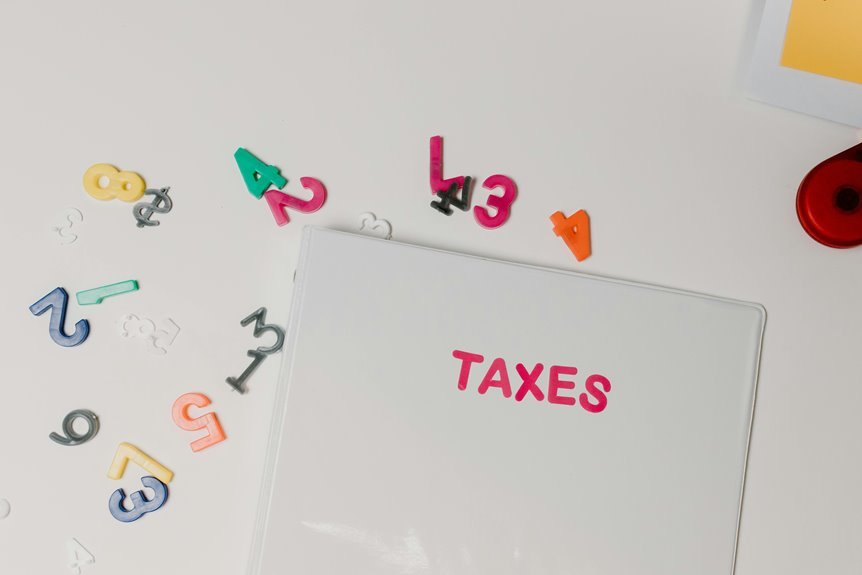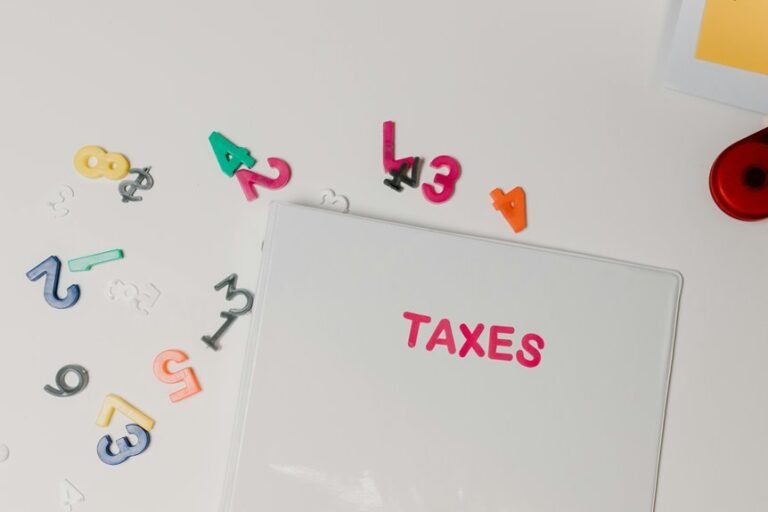Central Record File for 9197056109 9199102684 9202804671 9252419943 9253158875 9253189566
The Central Record File (CRF) for the specified phone numbers provides a comprehensive overview of call patterns, ownership changes, and usage statistics. This data is crucial for various sectors, including law enforcement and marketing. However, the implications for privacy are significant. Organizations must navigate the delicate balance between data accessibility and individual confidentiality. What strategies can be employed to ensure both operational integrity and the protection of personal information?
Understanding the Central Record File
The Central Record File (CRF) serves as a pivotal repository for essential data within various organizations, particularly in sectors such as finance and healthcare.
Ensuring record accuracy is vital for maintaining operational integrity and fostering trust. Additionally, adherence to data privacy regulations protects sensitive information, safeguarding individual rights.
The CRF thus embodies a balance between accessibility and confidentiality, critical for organizational transparency.
Information Available for Each Phone Number
Phone numbers, as critical contact points, are associated with a variety of information in the Central Record File.
This includes detailed phone number history, revealing call patterns, ownership changes, and usage statistics.
However, such data raises significant privacy concerns, as individuals seek to balance the utility of this information against the potential for misuse or unwarranted intrusion into their personal lives.
Practical Applications of the Records
Leveraging the Central Record File can enhance various sectors, including law enforcement, telecommunications, and marketing.
Data analysis derived from these records can improve targeting strategies and investigative efforts.
However, such applications raise significant privacy concerns, necessitating a balanced approach to data usage.
Ensuring individual rights are respected while harnessing valuable insights is crucial for fostering trust among users and stakeholders alike.
Conclusion
In conclusion, the Central Record File serves as a double-edged sword, offering invaluable insights for law enforcement and marketing while simultaneously posing significant privacy risks. Striking a balance between data accessibility and individual confidentiality is paramount, as organizations navigate the complex landscape of information management. Ultimately, the challenge lies in ensuring that while the data can illuminate critical patterns, it does not cast a shadow over personal privacy—reminding us that sometimes, the cost of knowledge can be steep.







